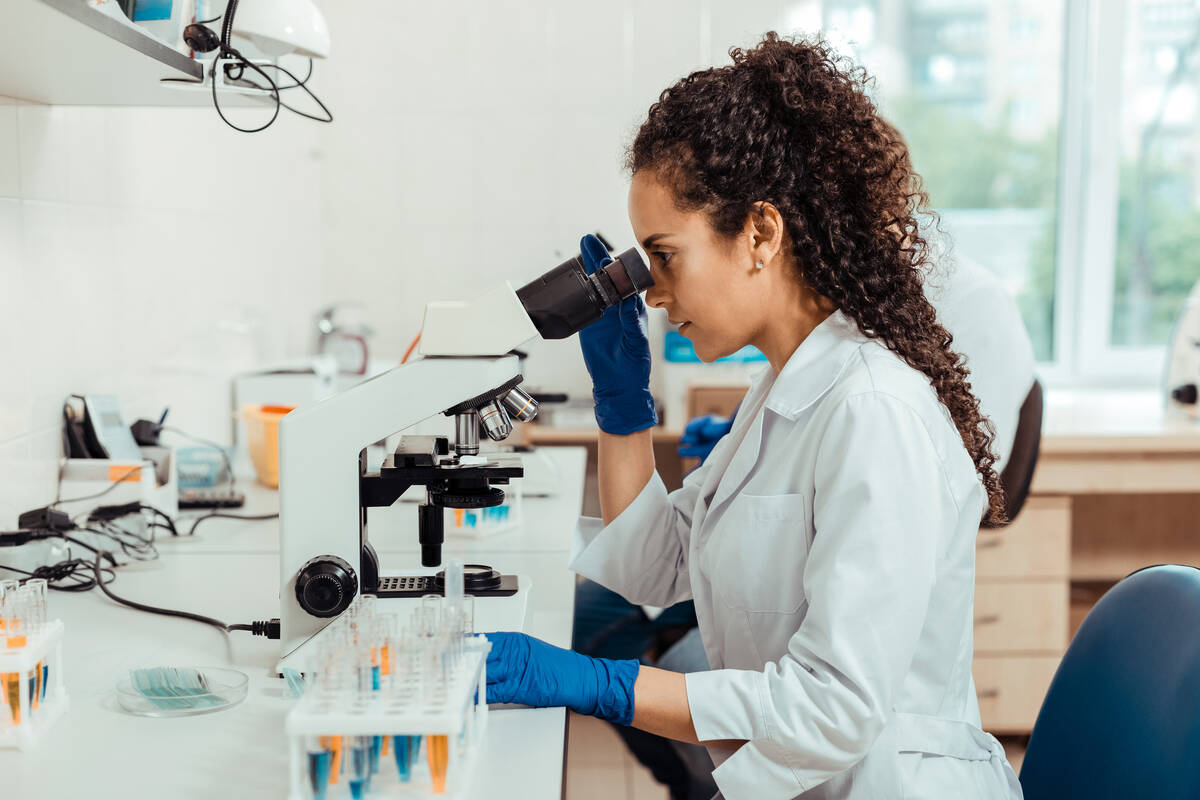Could a personal health guide forecast your well-being?
You may be familiar with a range of tips for living a healthy life: Watch your weight, exercise, eat nutritious food and don’t smoke, for example.
What if you could combine these lifestyle factors with a host of other variables to learn your risk of developing specific diseases, to help catch and treat them early or prevent them altogether? Dr. Victor Ortega, associate director for the Mayo Clinic Center for Individualized Medicine in Arizona, explains how science is drawing ever closer to making such personal health forecasts possible.
Previously inconceivable, such personal guides to well-being are becoming increasingly possible because of new and sophisticated genome-wide technologies that capture data spanning entire genomes, Ortega says. The complex scores are compiled from a combination of data from thousands to hundreds of thousands of a person’s DNA sequence variants. This type of large genome-wide data has the potential to predict disease risks, such as heart disease, diabetes, asthma and specific cancers.
“Imagine knowing your genetic predisposition for having a heart attack in your 50s, or if you’re in the top 5 percent of the population for the risk of cancer or diabetes based on data from your whole genome. With this knowledge, you could make informed lifestyle choices and receive enhanced screenings to mitigate that risk,” Ortega says.
Assessing polygenic risk
As a pulmonologist and genomic scientist, Ortega is leading a charge to breathe new life into precision medicine advancements. His mission is rooted in a deep commitment to health equities and inspired by his grandmother.
“My grandmother died of asthma, and that should not have happened. She was Puerto Rican like me, and Puerto Ricans have the highest severity and frequency of asthma of any ethnic group in the world,” Ortega says. “They also represent less than 1 percent of people in genetic studies. So, I’ve made it a life mission to develop cures and diagnostics for people like my grandma, and for all people.”
Each person has millions of genetic variants, each having a small effect. But together, these variants can increase the risk of getting a condition. A polygenic risk score estimates the overall risk someone has of getting a disease by adding up the small effects of variants throughout an individual’s entire genome.
Polygenic risk scores are not used to diagnose diseases. Some people who don’t have a high-risk score for a certain disease still can be at risk of getting the disease or might already have it. Other people with high-risk scores may never get the disease.
People with the same genetic risk can have different outcomes depending on other factors such as lifestyle which determine one’s lifelong environmental exposures, also called the exposome.
Ortega says that getting to the point where all people know their polygenic risk scores will require a solid foundation of “omics” research and datasets, cutting-edge technologies and further discoveries of gene-disease links — all of which are within his team’s expertise and capabilities.
‘The way of the future’
Omics is an emerging multidisciplinary field of biological sciences that encompasses genomics, proteomics, epigenomics, transcriptomics, metabolomics and more.
“It’s going to take considerable work and planning, but it really is the way of the future,” he says.
In the shorter term, Ortega plans to transition more omics discoveries from research laboratories to the clinic. Omics data can help identify the molecular culprits driving a person’s disease, as well as biomarkers that can lead to the development of targeted treatments and diagnostics.
Recent omics discoveries at the Mayo Clinic’s Center for Individualized Medicine have enabled scientists to predict antidepressant response in people with depression and discover a potential therapeutic strategy for bone marrow cancer. Scientists have also used omics to pinpoint genetic variations that potentially increase the risk for severe COVID-19, uncover potential clues for preventing and treating gliomas and unravel the genetic mystery of a rare neurodevelopmental disorder.
Drawing from his years of extensive clinical experience in treating patients with severe respiratory illnesses, Ortega is also working to expand genomic testing to a broader set of diseases. He highlights the center’s collaborative Program for Rare and Undiagnosed Diseases as an effective model that he hopes to amplify.
The Program for Rare and Undiagnosed Diseases proactively engages health care teams across Mayo’s clinical practice to conduct targeted genomic testing for patients with a suspected rare genetic disease. He says expanding this strategy to more diseases will help build collaborations across Mayo and educate more clinicians on genomics. It may also ensure the most effective genomic sequencing tests are given to patients, ultimately improving patient care and outcomes.
Ortega is leading the development of a polygenic risk score framework for the Mayo Clinic, beginning with interstitial lung disease. This condition, marked by progressive scarring of lung tissue, is influenced by both rare gene variants and a collection of more common variants, all of which are captured together in polygenic risk scores.












